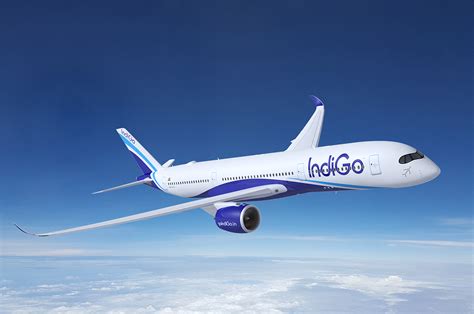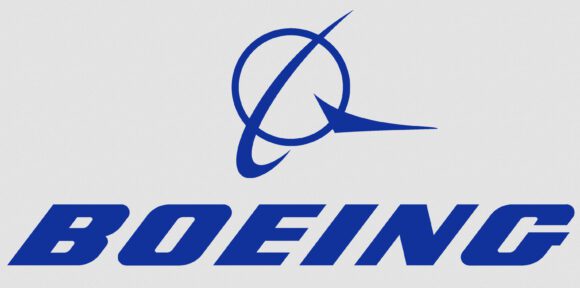Here is an article I did last week for Commercial Aviation Online:
Airbus explains why re-engine programmes won’t hurt residual values
By Scott Hamilton
Airbus is confident that residual values of the re-engined A320neo and Boeing 737 Max families will not adversely affect legacy aircraft, which happened to the 737 Classic to some degree with the introduction of the 737 Next Generation.
Concerns about the RVs surfaced more than a year ago when Airbus first began to seriously consider re-engining the A320 family.
Now that more than 1,200 neos and nearly 500 Maxes have been sold, the question continues to emerge.
Mark Pearman-Wright, Head of Leasing and Investor Marketing, Airbus, said in an interview with CAO on the sidelines of the ISTAT European conference in Barcelona that the commonality between the re-engined aircraft and today’s A320s and 737s will protect RVs in a way that the very different 737 NG negatively affected values of the 737 Classics.
Pearman-Wright also said that values estimated by appraisers, based on current market conditions, tend to lag the market by one or two years. “The current uncertainties isn’t going help appraiser views,” he said. “If you look at base values, which are the long-term view, and current market values, there is a 10%-15% mismatch.”
The question, Pearman-Wright says, is whether base values are appropriate. “Are base values of our aircraft, the A320, going to take a hit because we developed and brought to market an A320neo? We would say absolutely not.”
The reason goes beyond the arguments made by Airbus—and Boeing—that deliveries of the re-engined aircraft need to hit 50% of the installed base of the legacy models, something that is unlikely to occur until well into the 2020 decade.
Pearman-Wright said the commonality between the A320neo and the legacy aircraft is designed to be 90%. While Boeing hasn’t settled a a design for the Max and commonality, therefore, is uncertain, Boeing intends “minimal change” between the 737NG and the Max.
“I would disagree that there will be any pushdown in values,” he said. “The reason we say that is because that’s what happened to the 737 Classic. Why did the Classic become unpopular? It burned more fuel so it had an economic penalty. That was more than offset by the price you could get for the aircraft.
“We have a fantastic example today in the A330 against the Boeing 787 and the A350. The A330 burns more fuel than a 787 or an A350. It is at an economic disadvantage in terms of cash operating costs. But guess what: all-in with ownership it is a very competitive aircraft.” The 737 Classic was in a similar position.
But the other shortfalls of the Classic contributed to its RV decline, Pearman-Wright said.
“With the 737-300, you can’t schedule them the same way because they fly at a different speed. The -800 is a different size. The Classic no longer has the range of the network because the NG has better range. There is a difference in the training of the pilots. There is only 15% commonality between the two.
“Even if you could make the numbers work, there is an unattractiveness to the Classic.” This doesn’t exist with the neo vs the Legacy A320, he said.
“The economic case will work for 320s for years just like they work for 330s,” Pearman-Wright said.
Views: 5




I am quite stunned to read comparison with cases from the past. In my very humble opinion there is today a fundamental change in the aviation sector. Some people call it a “structural change”.
There are two important elements in the current dynamics. The first one is the air transport landscape changes (air service agreements “openskies” and so on) and the other one is the possible entry of new comers like the CSeries, which offer significant value advantage.
It is very difficult to compare the situation in the nineties with the situation today.
I do hope that Airbus is not wrong in their apprecation of the situation, otherwise their operating margins will be eroded seriously in 2014 or 2015.
A reasoned opinion, but certainly not an unbiased opinion.
Ok the lanscape is changing.
Now, how does that affect or prove wrong the argument made by Airbus?
I see macro being mixed up with micro, here.